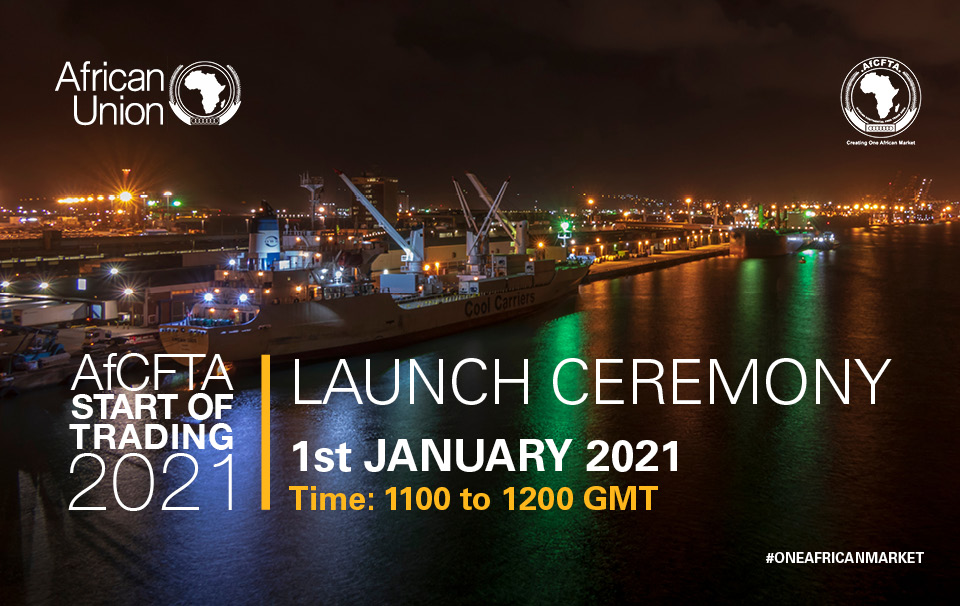Topic Resources
Agenda 2063 is Africa’s development blueprint to achieve inclusive and sustainable socio-economic development over a 50-year period.

Promoting Africa’s growth and economic development by championing citizen inclusion and increased cooperation and integration of African states.

Promoting Africa’s growth and economic development by championing citizen inclusion and increased cooperation and integration of African states.

Agenda 2063 is the blueprint and master plan for transforming Africa into the global powerhouse of the future. It is the strategic framework for delivering on Africa’s goal for inclusive and sustainable development and is a concrete manifestation of the pan-African drive for unity, self-determination, freedom, progress and collective prosperity pursued under Pan-Africanism and African Renaissance.

H.E. Mr. Paul Kagame, President of the Republic of Rwanda, was appointed to lead the AU institutional reforms process. He appointed a pan-African committee of experts to review and submit proposals for a system of governance for the AU that would ensure the organisation was better placed to address the challenges facing the continent with the aim of implementing programmes that have the highest impact on Africa’s growth and development so as to deliver on the vision of Agenda 2063.


The AU offers exciting opportunities to get involved in determining continental policies and implementing development programmes that impact the lives of African citizens everywhere. Find out more by visiting the links on right.

On the 1st of January 2021, the African Continental Free Trade Area came into operation. It aims to significantly accelerate growth of intra-Africa trade and use trade more effectively as an engine of growth and sustainable development by doubling intra-Africa trade, and strengthening Africa’s common voice and policy space in global trade negotiations.
Trading under the Agreement began on 1 January 2021. The decision to establish the AfCFTA was made by the African Union’s Assembly in January 2012, The Summit also endorsed the Action Plan on Boosting Intra-Africa Trade (BIAT) which identifies seven clusters: trade policy, trade facilitation, productive capacity, trade related infrastructure, trade finance, trade information, and factor market integration. The AfCFTA will cover a market of over 1.2 billion people and a gross domestic product (GDP) of $2.5 trillion, across all 55 member States of the African Union. At full strength, it will be the world’s largest free trade area since the formation of the World Trade Organization (WTO). According to the World Bank, the trade pact could boost regional income by 7% or $450 billion, speed up wage growth for women, and lift 30 million people out of extreme poverty by 2035.
Find out more about the AfCFTA @ https://au.int/en/videos/20210101/afcfta-start-trading-ceremony-webinar
Agenda 2063 is Africa’s development blueprint to achieve inclusive and sustainable socio-economic development over a 50-year period.
